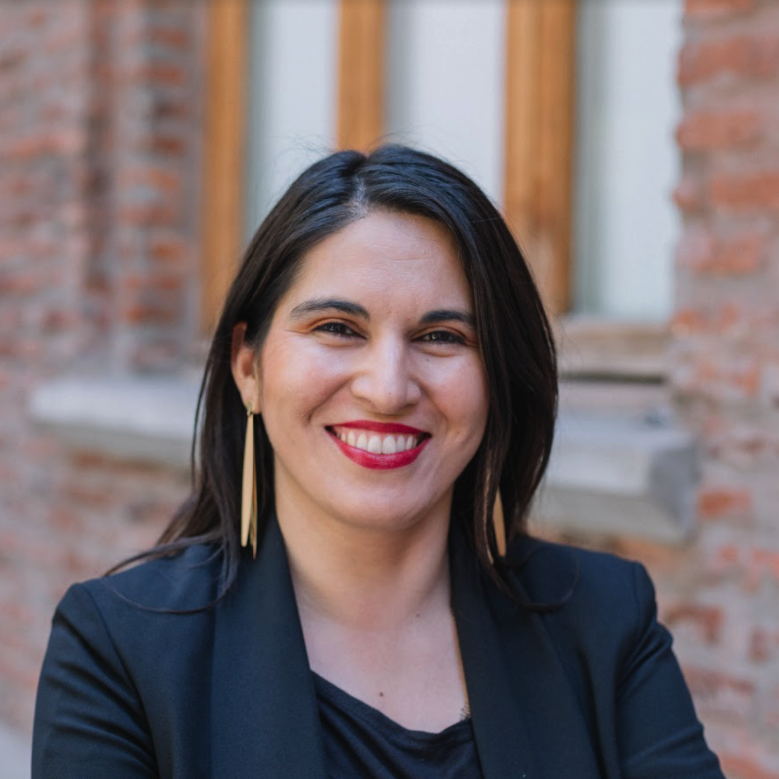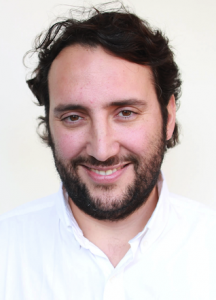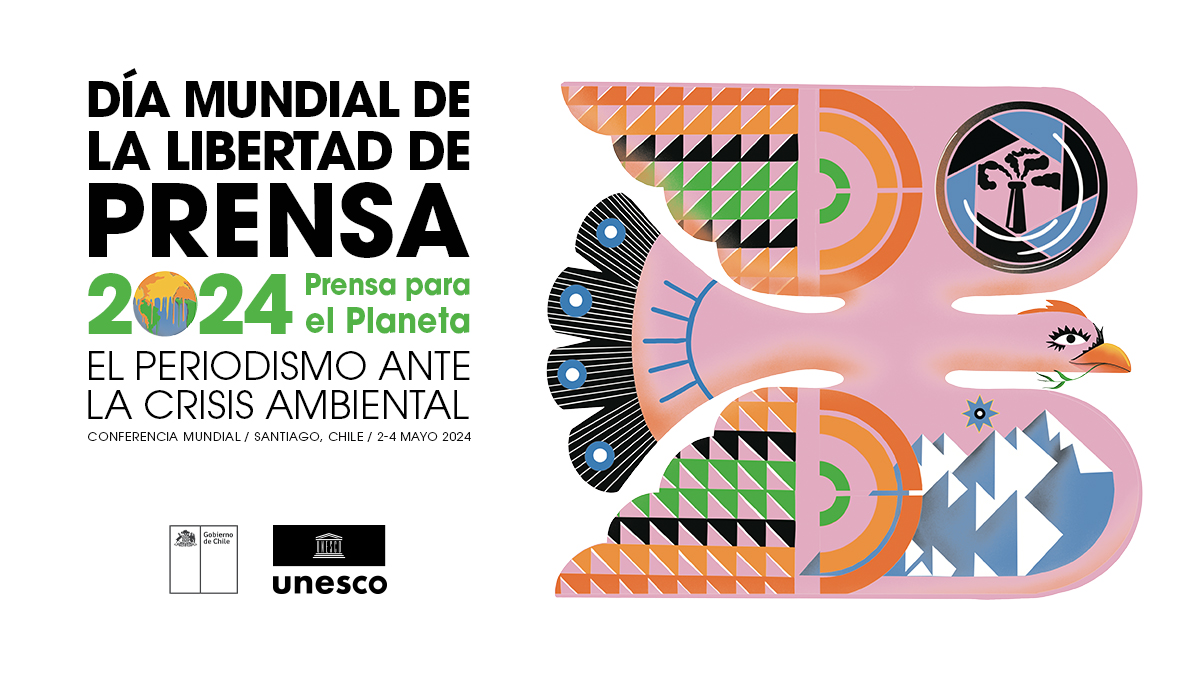Desinformación, violencia y riesgos medioambientales: Los temas de la próxima conferencia por la Libertad de Prensa
Abril, 2024.- El próximo 4 de mayo, la Universidad de Chile y la Pontificia Universidad Católica serán sede del encuentro «Salvaguardar la libertad de prensa en medio de la inseguridad periodística: Perspectivas desde el mundo académico», una de las actividades de Unesco para conmemorar este 2024 el Día Mundial de la Libertad de Prensa, año en que eligió a Chile como país anfitrión.
La cita, para la cual se encuentran abiertas las inscripciones, cuenta con diversos paneles y ponencias que tratarán temas como la violencia que viven los periodistas en el ejercicio de su profesión alrededor del mundo, los desafíos de contrarrestar la desinformación en tiempos de IA o los desafíos y oportunidades de la comunicación medioambiental, entro otros.
La académica de la Universidad de Chile, Ximena Póo, quien junto con Claudia Lagos son parte del comité organizador, asegura que “la libertad de prensa y de expresión es fundamental para sostener las democracias y el derecho a la comunicación como eje de cohesión social, confianza y acciones para propiciar la construcción de sociedades que desarrollen políticas y prácticas que fortalezcan la equidad, la justicia social, el combate a la corrupción, que promuevan la interculturalidad y otros valores, al tiempo que luchen contra los flagelos que vulneran los derechos ciudadanos”.
En esta línea, destaca el panel “Libertad de prensa, alfabetización mediática y audiencias: desafíos y convergencias en Europa y América Latina”, en los que participarán Juan Carlos Suárez-Villegas, de la Universidad de Sevilla, España; Fernando Oliveira Paulino, de la Universidad de Brasilia, Brasil; Alejandra Phillippi Miranda, de la Universidad de Santiago de Chile; Constanza Hormazábal Durand, de la Universidad UNIACC, Chile; y Carolina Rodríguez Malebrán, de la Universidad de La Serena, Chile.
La desinformación también será un tema a tratar en esta jornada, entre ellos, los conversatorios “Formación Periodística: ¿Cómo aumentar la seguridad en tiempos de desinformación e inteligencia artificial?” y “Contrarrestar la Desinformación: Recomendaciones desde la Multilateralidad”.
Entorno digital, periodismo global y noticias falsas:
Otros puntos altos serán las ponencias “Entorno digital y desinformación en un Chile polarizado. Una aproximación cualitativa”, dictada por María Isabel Pávez, Universidad de Los Andes; Magdalena Saldaña, Pontificia Universidad Católica de Chile; Cristian Cabalin, Universidad de Chile; y Andrés Scherman, Universidad Adolfo Ibáñez o «’El Mercurio miente’… y todos los otros también. Apuntes para recobrar la confianza de las audiencias”, a cargo de la académica Claudia Lagos, de la Universidad de Chile, junto a Daniela Lazcano, de la Pontificia Universidad Católica de Valparaíso.

En tanto, el investigador IMFD y Director de Investigación y Creación de la Facultad de Comunicaciones de la Universidad Católica, Sebastián Valenzuela, presentará el Keynote sobre los desafíos se presentan en el área de investigación académica sobre el actual contexto informativo, en la primera sesión plenaria, en la inauguración de la Conferencia Académica.

Pero no solo periodistas de Chile y Latinoamérica estarán presentes en esta cita para hablar de Periodismo Global en Tiempos Precarios: Cambios y oportunidad. También participarán como expositores Daniela Dimitrova, de Iowa State University, Estados Unidos; Manuel Alejandro Guerrero, de la Universidad Iberoamericana, México; Denis Wu, de Boston University, Estados Unidos; Vera Slavtcheva-Petkova, de University of Liverpool, Inglaterra; Tomas Dodds, de Leiden University, Países Bajos; y Claudia Mellado, de la Pontificia Universidad Católica de Valparaíso, Chile.
Entre las ponencias individuales, además, figuran “El lente de las víctimas sobre el lado oscuro del discurso de odio online”, donde estarán Carol Azungi Dralega y Torborg Igland, ambos de NLA University College, Noruega; y el panel “Guerra, escándalos políticos y noticias falsas: amenazas al periodismo y la prensa libertad en todo el mundo”, que contará con Thomas Birkner, de Paris Lodron University de Salzburgo, Austria; Dariya Orlova, de la National University of Kyiv-Mohyla Academy, Ucrania; Magdalena Saldaña, de la Pontificia Universidad Católica de Chile; y Aysha Agbarya, de la Open University, Israel.
Los paneles y ponencias se realizarán en la jornada de la mañana en la Pontificia Universidad Católica y desde las 13:00 horas, en la Casa Central de la Universidad de Chile.
Las inscripciones para esta conferencia académica son gratuitas a través de este link.

El programa completo de actividades se puede revisar en este link.
La actual crisis medioambiental mundial
Junto con la conferencia académica del 4 de mayo, la Organización de las Naciones Unidas para la Educación, la Ciencia y la Cultura (Unesco) tendrá distintas actividades en el marco de la 31° Conferencia del Día Mundial de la Libertad de Prensa, llamada “Prensa para el planeta: el periodismo ante la crisis ambiental”. El evento abordará el importante papel que desempeña la prensa en el acceso y la difusión de la información para garantizar y asegurar un futuro sostenible que respete los derechos de las personas y su diversidad de voces.
Las actividades comenzarán el 2 de mayo con la entrega, por parte de Unesco, del Premio Guillermo Cano a la Libertad de Prensa. Luego, la agenda continúa el 3 de mayo con la inauguración de la conferencia que tendrá palabras de bienvenida del Presidente de la República, Gabriel Boric; de la directora general de la Unesco, Audrey Azoulay, y el discurso inaugural de la ex Presidenta, Michelle Bachelet.
Esta conferencia contará con tres sesiones plenarias y 15 sesiones paralelas, donde se discutirán temas como: construir un futuro sostenible con libertad de expresión; retos antiguos y emergentes; gobernanza y toma de decisiones; Santiago + 30 ¿Dónde estamos ahora?, y la libertad de expresión en América Latina.
Aquí se puede revisar el programa de la Conferencia del Día Mundial de la Libertad de Prensa 2024.
Fuente: Noticias Universidad de Chile
